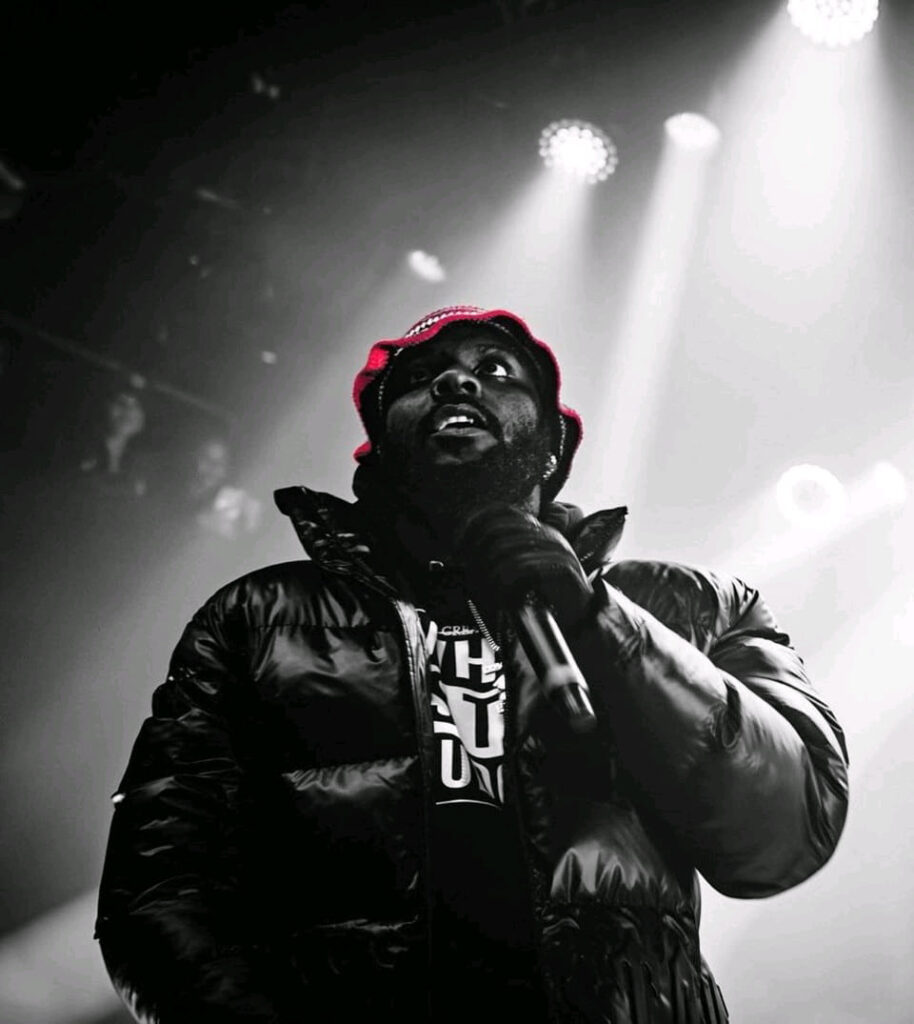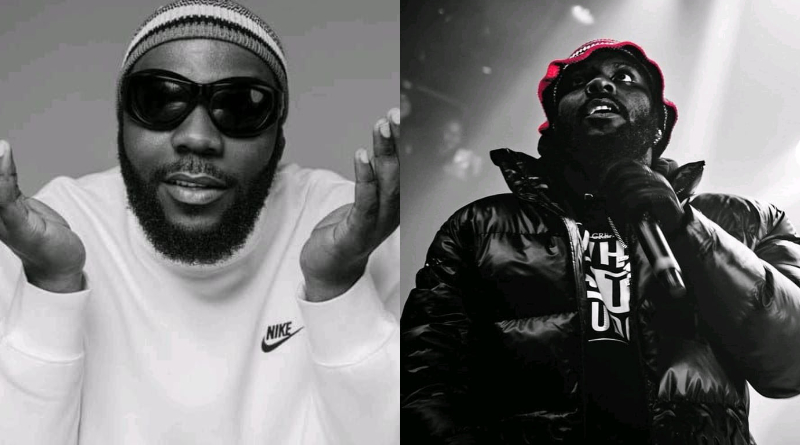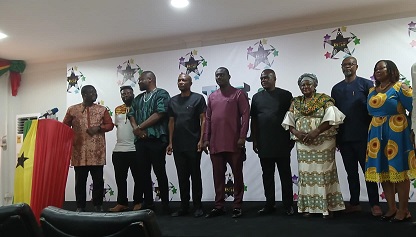Nigerian rapper Odumodublvck has ignited a fresh conversation in the African music industry after launching a passionate tirade on X (formerly Twitter) against music executives.
The “Declan Rice” hitmaker didn’t hold back as he accused label heads of exploitative behavior, particularly concerning how financial advances are handled.

In a strongly worded thread posted on June 18, 2025, the rapper expressed deep frustration at what he views as a consistent pattern of mistreatment and disregard for the creative process. According to him, music executives often delay financial support—known as advances—until it is too late to make a meaningful impact on a project’s development.
“An advance is meant to be given several months before an album, not after an album or two months close to the album,” Odumodublvck wrote. “That’s exactly when an advance is meant to be given.”
His comments highlight a critical issue many emerging and even established artists face: delayed funding, which severely hampers their ability to produce, promote, and distribute quality content in a timely manner. In the high-stakes world of music, timing and resources are everything—and Odumodublvck is calling for better accountability.
He went a step further, warning music industry leaders to “do right” by the very artists whose creativity and hustle power their businesses. “Music label executives need to get off their high horse and do right by artists, or the wrath of God will dawn on each and every one of you. You do not want to be on the side God is fighting,” he cautioned.
“Do right by your artist; they are already doing a lot you cannot do,” he added.
The rapper’s impassioned words quickly sparked reactions across social media. Some praised him for boldly speaking out on behalf of many who suffer in silence, while others warned of potential fallout from openly confronting industry gatekeepers.

Known for his lyrical prowess and no-nonsense attitude, Odumodublvck stood firm in his position, declaring, “When I get like this nobody can hold me because I am speaking from the standpoint of righteousness, and from that standpoint, I can never be defeated.”
He concluded his rant by addressing producers accused of copying his team’s beats, warning them that their actions had not gone unnoticed.
This outburst may serve as a rallying cry for fellow artists seeking transparency, fairness, and timely support from their record labels. As the African music industry continues to grow and attract global attention, conversations like these are critical for ensuring that creative talent is not just celebrated but also properly protected and empowered.




